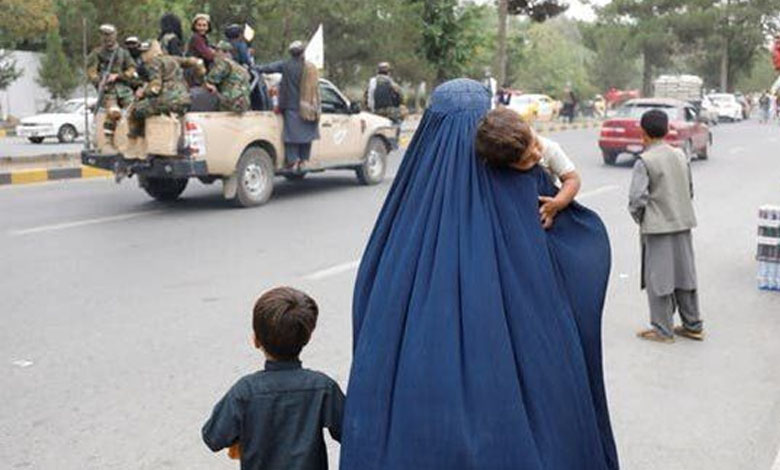The United Nations: Afghan women under Taliban rule face the world’s most severe oppression

The United Nations has said that Afghanistan under the Taliban is “the most repressive country in the world” with regard to women’s rights, with authorities besieging women and girls in their homes, preventing them from education, work and even taking tours.
“It was sad to witness their systematic, deliberate and systematic efforts to bring Afghan women and girls out of the public sphere,” Rosa Otunbayeva, head of the United Nations Mission in Afghanistan, said in a statement marking International Women’s Day.
Humanitarian crisis
The campaign was a “colossal act of national self-harm” at a time when Afghanistan is facing some of the world’s largest humanitarian and economic crises, the UN mission said.
The Taliban authorities removed women from all government jobs except for basic ones, or paid a small portion of their previous salary to stay at home.
Women banned from hiking
Women are also banned from going to public parks, exhibitions, gyms and bathrooms and are required to cover up in public, ideally with a burqa.
The UN official added that the biggest crackdown was on teenage girls and university students, with authorities preventing them from attending secondary schools and higher education institutions.
Rare protests
“A group of women held sporadic protests against the ban, amid the risk of arrest, violence and social stigma to participate, but they are usually quickly dispersed by the authorities.”
“It is time for the UN to take a decisive and serious decision on the fate of the (Afghan) people,” read a statement from a protester at the Kabul rally.
No country has officially recognized the Taliban government as Afghanistan’s legitimate rulers, with women’s right to education a sticking point in negotiations over aid and recognition.
More than half of the country’s 38 million people face hunger and nearly four million children are malnourished, aid agencies say.
Women Banned from Work
“The crisis worsened late last year when the Taliban leadership barred Afghan women from working for NGOs, forcing many aid agencies to suspend their vital work.”
Foreign aid has also fallen dramatically since the US froze Afghanistan’s assets after the Taliban returned to power, exacerbating the crisis.
The repercussions of the government’s policies “are affecting all Afghans and will resonate across generations,” said Alison Davadian, the U.N. special representative for Afghanistan’s women.
A rare demonstration of 20 women took place Wednesday on a Kabul street, calling on the international community to protect Afghans.
The Taliban government adheres to a strict interpretation of Islam and has imposed a large number of restrictions on girls and women since it seized power in August 2021.












